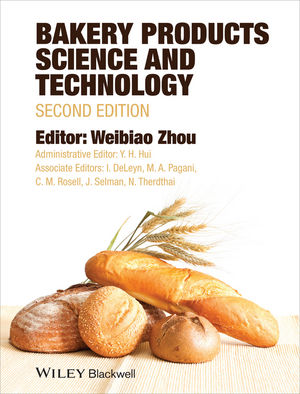Enzyme preparation may prolong bread’s shelf life by up to 15 days
According to Germany’s flour treatment specialist Mühlenchemie GmbH & Co. KG Alphamalt Fresh keeps bread fresh longer. Mühlenchemie is offering the new enzyme preparation to keeps the crumb soft and elastic, qualities that the industry and consumers are asking for more. The new enzyme preparation can prolonging the shelf-life of industrially produced bread by up to 15 days.
Alphamalt Fresh also prevents recrystallization of the starch which has gelatinized during baking, which keeps the crumb soft for a longer period and can reduce the amount of bread that becomes stale, which could reduce return of stale products and make industrial bakeries more profitable.
In the case of bakery products, the decisive attributes are appearance, taste, smell and crispness of the crust, but a further important aspect of quality is the elasticity and softness of the crumb. Since the structure of baked goods changes over time, it becomes more difficult to maintain qualities during transportation and storage. Mühlenchemie says the main reason is recrystallization of the amylopectin content of the starch that has gelatinized during in the baking process.
Whereas the smaller amylose molecules migrate out of the starch grain into its surroundings and re-crystallize soon after baking, the larger amylopectin molecules initially remain in their non-crystalline form. At low temperatures, especially, the amylopectin crystallizes; above all, the coiled parts of the molecule “tighten up” again. The subsequent hardening of the crumb is ascribed to the firm binding of water by the crystallized amylopectin.
The company says that Alphamalt Fresh breaks down the parts of the amylopectin that can crystallize.
Looking for a reprint of this article?
From high-res PDFs to custom plaques, order your copy today!




